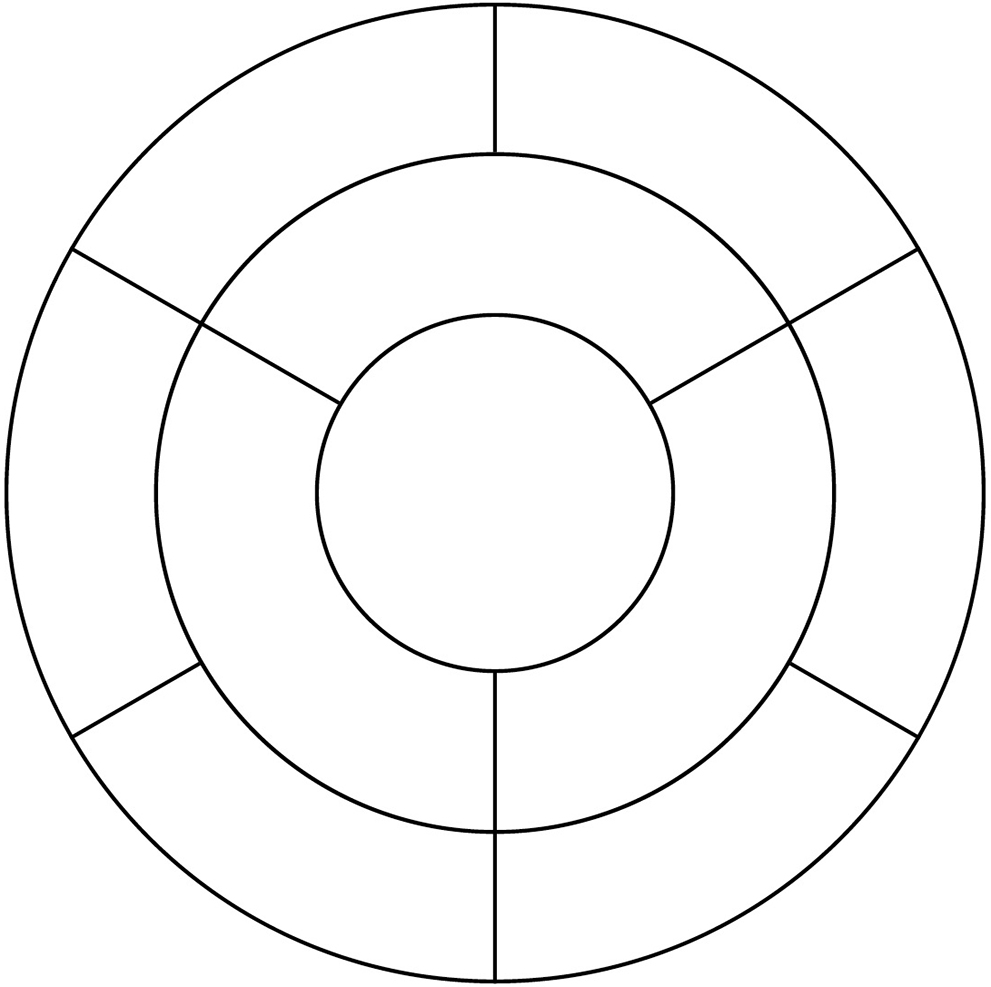Day 8
Getting What We Deserve
Do not be deceived: God cannot be mocked. A man reaps what he sows.
Galatians 6:7
Alan Robertson is the oldest son of Phil and Kay Robertson and the beardless brother of the “Duck Dynasty” clan. He was a good kid growing up but was drawn to darker influences in his teen years.
“I was hiding in plain sight. Inside I was not who I should have been.”
One night [Alan] Robertson and his buddies spent an evening drinking and tearing up some mailboxes.
The next day a knock on the door led to a confession and a confrontation as Phil took off his belt and whipped all the boys.
“A spanking was not going to change me,” Robertson said. “Finally, a few months later my dad said, ‘Al, we love you, but the effect you’re having on the younger boys is bad. If you’re not willing to change, hit the road.’”
So Alan left home and headed to New Orleans. He joined the large party scene and began dating a nurse who he believed was divorced.
One Sunday morning Alan discovered the tires of his car were flat. While he was still kneeling down to inspect them, a man attacked him with a crowbar. Turned out the nurse was still married.
Alan fought back and was able to escape. Police officers arrived and apprehended the attacker after he took out the rest of his fury on Alan’s ’76 Monte Carlo. But they had little sympathy for Alan because he’d been sleeping with another man’s wife.
One officer asked, “What are your parents doing now?”
In an AHA moment, that question drew Robertson back to his home and family.
“I realized then that I could be home where Mom would be cooking a roast after church,” Robertson said. “That was my awakening.”
Robertson headed for home and pulled up to his parents’ front yard where Miss Kay was waiting. He was hugging her when Phil came out. Robertson expected a lecture or at least a reminder of what he’d done, but Phil hugged him and said, “Welcome home.”
“That hug meant so much to me,” Robertson said. “That night, we had the fatted catfish. It felt like home.”
Later, Robertson asked his dad to baptize him in the river.1
You Asked for It
We’re quick to demand justice in the lives of other people. She got what she deserved, we think—or say out loud like the police officers that helped Alan.
But it’s a different story for ourselves. We want to do whatever we want to do without paying the price. And most of the time, we don’t see the poor choices we are making in the moment—or we’re skilled at conveniently ignoring the negative potential.
Eventually it all catches up with us—sometimes sooner, sometimes much later. But as the Bible says, “Do not be deceived: God cannot be mocked. A man reaps what he sows” (Gal. 6:7).
That’s exactly what happened to the Prodigal Son. He spent all his money on wild living. That was no one else’s fault. He arrived in the Distant Country and lived it up for a time; and after many nights of buying rounds and throwing parties, he was left with an empty wineglass and an empty wallet. The money was gone, and there was no one to blame but himself. His own actions and choices brought about consequences.
He found himself in a pigpen, so hungry he longed to fill his stomach with pig slop. If he hadn’t left his father’s house and hadn’t blown all his money on wild living, he wouldn’t have been in this position.
When you are in the Distant Country, it’s only a matter of time before your decisions catch up to you. Those consequences spread like ripples on a still pond after a rock is thrown in. Your choices and actions are the cause, and they bring about effects.
God often brings us to a desperate moment through deserved consequences. The weight of possible consequences can help us look back on our poor choices with greater clarity. The moment the consequences of our decisions catch up to us, that is an invitation to cry out to God for help.
Don’t wait for the consequences of your actions to come crashing down around you. Heed the warning signs. Wake up. And come back to the Father.
My AHA
Where are your choices taking you? What’s rippling through your life? What consequences are you causing? Take an honest look at what impact your actions are having—on yourself and others.
Fill out the following diagram. Start in the center of the circle by writing one of your regular actions, practices, or habits—maybe one that you like to keep secret or that causes conflict in your life. In the next ring, write three possible outcomes. Then trace ongoing possible results toward the outside of the circle. You can draw more circles to examine other actions.
